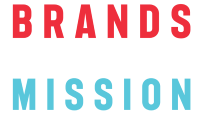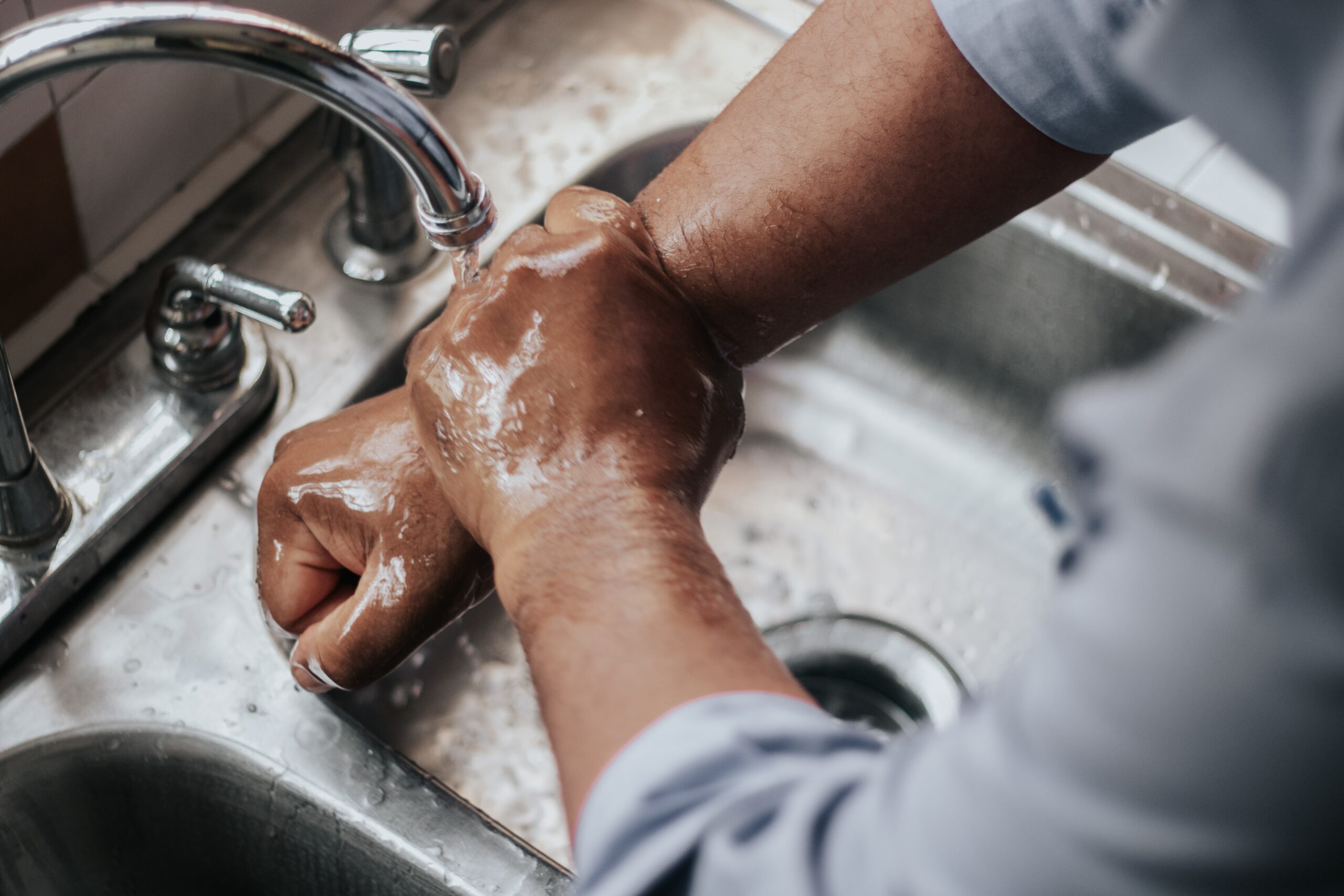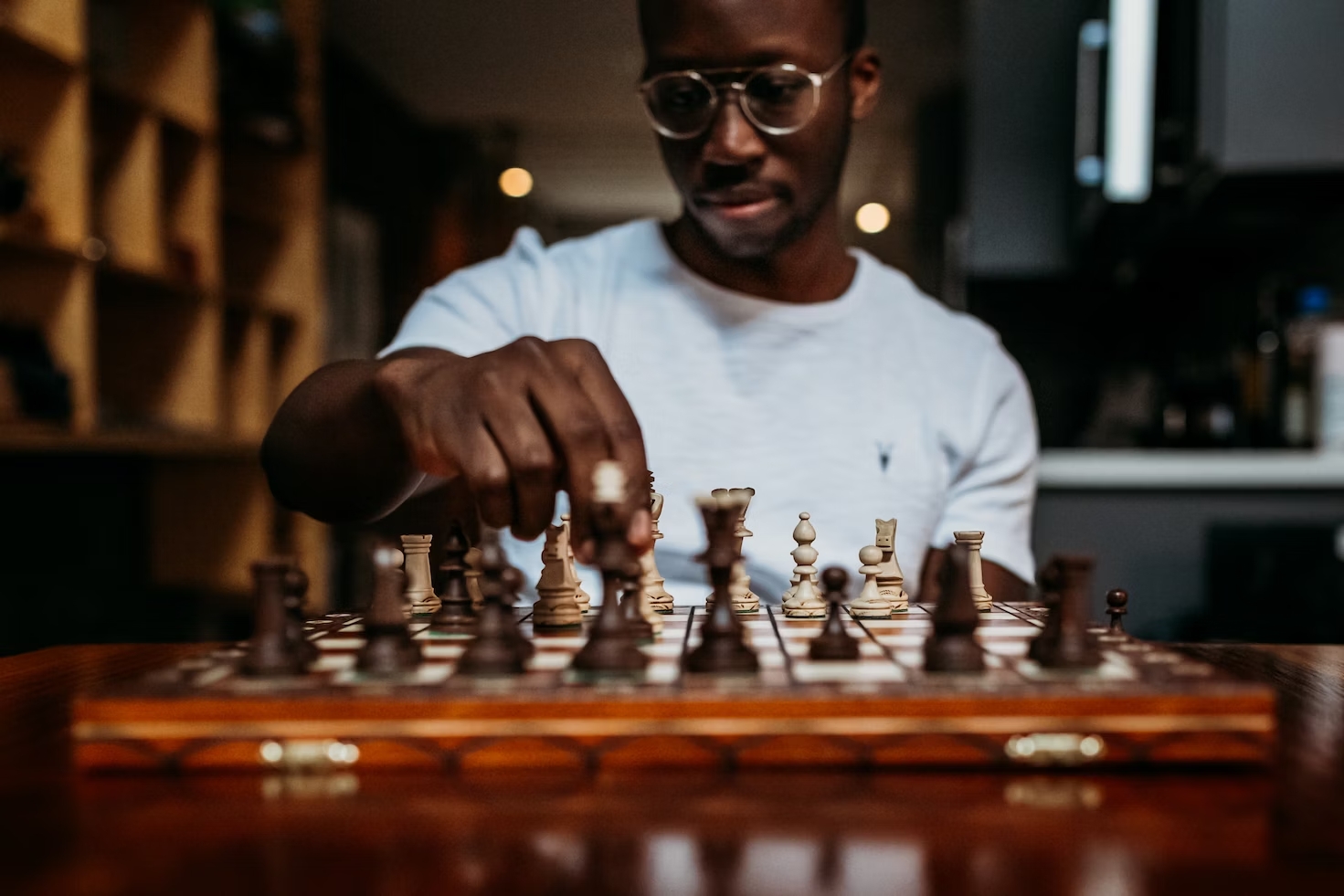What was already a major concern has become a crisis. Rising inequality was afflicting countries around the world, developed or not, creating an undercurrent of worry. Then the COVID-19 pandemic made the disparities inescapable, and deadly. Even in societies with abundant vaccines, low-wage earners have been disproportionately exposed to infection at work, and then came home to unequal access to health care – with much higher mortality.
Here in Kenya, where there was a great vaccination drive, still only 30% of the population have received the vaccine. In other African countries, such as Mali, health ministries are struggling to provide basic care, with COVID-19 vaccines way down the list of priorities. And with the war in Ukraine, Covid is rarely mentioned.
How brands used to promote equality
As Brands on a Mission begins its second full year of operation, we are looking to use the power of brands to help equalise society’s access to resources. And by doing this help bring more equity to the world. We saw after World War II how brands in the United States can bring society together. After the war, dozens of national brands offered good quality products, at an affordable price, to the great mass of people. These mid-market brands weren’t perfect – the very poorest people still couldn’t afford them, and they relied on sometimes manipulative advertising to win people over. But they used their high volume to drive innovation and keep prices low. Households with very different levels of education bought the same products. These brands helped to fuel America’s postwar golden age of equality.
That age lasted only until the 1970s. By the 1980s, many of those brands were giving up on the middle and seeking higher margins with differentiated premium lines. It didn’t help that store brands and other private labels were taking customers from the low end either, robbing the brands of much needed volume. Today far fewer middle-class households still choose the basic cheaper brands which do the job, and we’re seeing the same social divides in the grocery store that we see in the rest of society.
Reversing current forces for inequality
How can we reverse this trend? There’s no easy solution, but at Brands on a Mission we see three ways to support the innovations and experiments we need.
First is that we need to inspire purpose-driven leaders to take on this challenge. As Paul Polman recently wrote, we’re seeing more and more companies commit to a higher purpose than maximising shareholder value. Now we need leaders who will embrace the specific purpose of reducing inequality. Brands make choices every day that can reinforce, or run counter, to inequality trends. We need leaders so committed to reducing inequality that they’ll resist easy plans to target wealthy customers, and instead work to return to the everyday brands that succeeded so well in post-war America.
Second is that we need to think locally, in countries or regions. Global brands usually end up targeting wealthy customers, preaching a connection to the world’s elite. They do that partly because the high costs of global brands usually require premium positioning, to deliver the high margins to cover those costs. Local brands, by contrast, have far lower overheads, and also easier marketing to the wide range of society.
In Africa, for example, we’re seeing some promising food brands emerge. Nourish Africa, an incubator for food startups, has firms specialising in segments (such as plant-based) and in geography (by country or region of Africa). Incubators are especially promising because they bring together a great many people from across the continent, drawing on diverse food traditions and tastes, all working to develop local alternatives to global brands. And this means also supporting SMEs to adopt a purpose led approach regardless of their size and growing more local Brands on a Mission.
Western brands can support this development by partnering with Nourish Africa and other incubators, hubs, and research labs. They can share their knowledge and capital, receive some of the future profits, and know they are promoting a more equal future. In 2020, Unilever subsidiary Knorr and WWF South Africa (WWF-SA) announced a partnership to improve food and water security in South Africa through supporting local smallholder farmers and managing water risk. This new partnership reflects global efforts of Unilever and WWF to promote the Future 50 Foods for “healthier people and a healthier planet.”
Third, we need to rethink affordability and accessibility. Up to now, we’ve talked a lot about the “fortune at the bottom of the pyramid.” We’ve tried to encourage big consumer companies to devise products or packaging that the poorest people can afford. That’s a worthy endeavour, and it has certainly improved the lives of many people. But unfortunately, it’s created a problematic mindset.
Many marketers now have a two- or three-tier system, where the bottom-of-the-pyramid brand gets the least amount of R&D or creativity. They treat those brands as second-class, reserving their main talent for mass market or premium brands. While bringing the poorest people into modern affluence, they’ve still shunted them into a separate and inferior class. All of this is understandable, but marketers are still reinforcing the inequality that becomes an excuse for not improving access to health care and other services. And we need to be careful that the purpose led approach by brands doesn’t become an elitist approach where only their consumers’ needs are addressed with the best talents and resources.
These are hard problems to address. But as we’re already seeing with climate change, we can come up with solutions with enough talented people working on them. It’s time for brands to step up and embrace this urgent purpose of promoting equality and bringing equity to the underserved and most vulnerable segments of the population.



